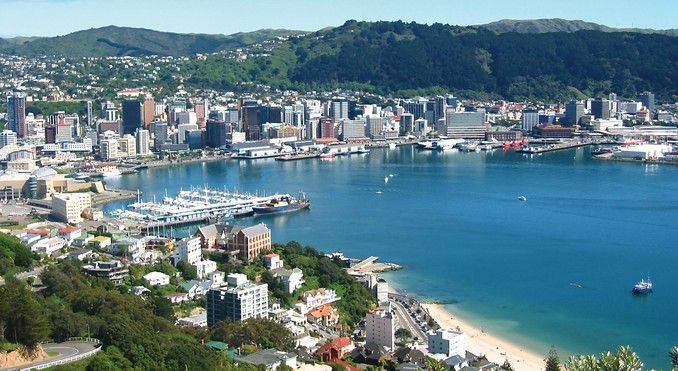Other FIT Wellington pages:
- A New Public Transport Approach
- A Suggested Route
- Advancing Light Rail for Wellington
- Advocacy or Consultancy
- Are we on track
- Art of Light Rail Insertion
- Auckland Light Rail Options
- Briefing to Transport Minister
- Bus and Light Rail in Central Wellington
- Bus Rapid Transit is Unsuitable
- By the Numbers
- Can Light Rail Attract Enough Demand
- City of Well Connected Communities
- Comparing Canberra and Wellington
- Draft GPS on Land Transport
- Estimating Travel Time
- FIT Wellington
- Funding Light Rail
- Glossary
- Golden Mile Trial
- Letter to Capital Magazine
- LGWM Options Feedback
- LGWM Personal Submission
- LGWM Submission
- Light Rail Costs
- Light Rail Design Brief
- Light Rail FAQ
- Light Rail Options Survey
- Light Rail Planning Assumptions
- Light Rail to Lincolnshire Farms
- Making Tram-Train Work
- Mass Rapid Transit in Wellington
- Ministerial Talking Points
- Move More People with Fewer Vehicles
- Moving on from LGWM
- Myth Busters
- N2A Talking Points
- NZTA Talking Points
- Open Letter on Trackless Trams
- Open Letter to LGWM
- Paul Swain Monday 1 February 2016
- Planning Principles
- Public Transport in Wellington
- Public Transport Spine Issues
- Public Transport Spine Study
- Public Transport Spine Workshop
- SH 1 Wellington Improvements
- Spatial Plan Submission
- The Case for Light Rail
- Three Minute Summary
- Towards Low Emission Cities
- Track Gauge
- What Makes Light Rail Succeed
- What Next for Transport in Wellington
- Workshop Code of Conduct
Congestion-free Wellington Declaration
Where is Welly really moving?
PDF settings (show)

AIM:
Promote a more liveable Wellington city, responsive to climate change, by reducing reliance on the private car.
INTENT:
We want high-capacity, high-quality, all-electric, mass public transport, and cycling and walking facilities that are safe and attractive.
Investing in more public and active transport instead of new motorways will:
- enhance Wellington’s urban form and amenity, thereby enabling economic opportunities and lifestyle choices
- avoid greenhouse gas emissions, noise and air pollution from burning fossil fuels
- reduce the public health epidemics of cardiovascular disease, diabetes, obesity and road crash injuries
We support the objectives of the LGWM project1 in an open and transparent process.
We consider LGWM’s suggested interventions are over-weighted towards state highway spending, heading towards a result likely to be incompatible with these objectives.
Cities geared to public and active transport have less congestion than cities geared for private cars.
Transport behaviour and provision worldwide are changing rapidly in the face of emission-reduction targets, new technology, and new mobility arrangements.
With mobility increasingly becoming a service, LGWM must not lock us into a private-vehicle–dominated model of transport provision that is already becoming obsolete.
ACTION:
We therefore call on LGWM to stick to its objectives and put the emphasis squarely on public and active transport, and managing travel demand, not on building more roads.
Prepared by Cycle Aware Wellington, FIT Wellington: Fair Intelligent Transport, Living Streets Aotearoa, and Save the Basin,
Last modified 05 June 2017 at 10:35 AM
1 The objectives are to have a transport system that: · enhances the liveability of the central city · provides more efficient and reliable access for users · reduces reliance on private vehicle travel · improves safety for all users · is adaptable to disruptions and future uncertainty. (↑)